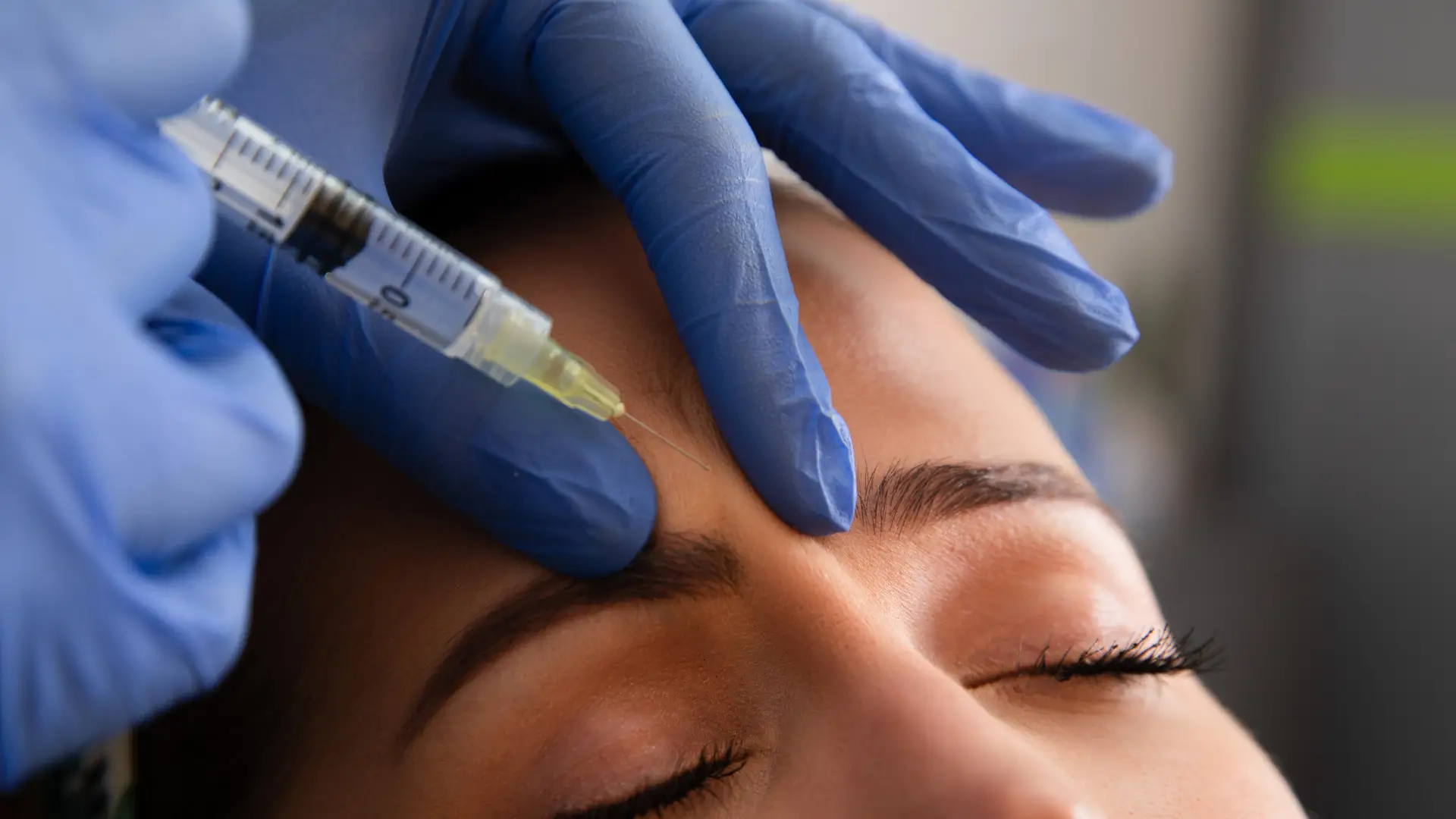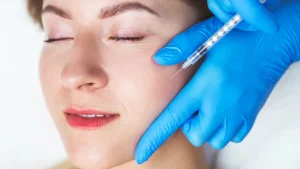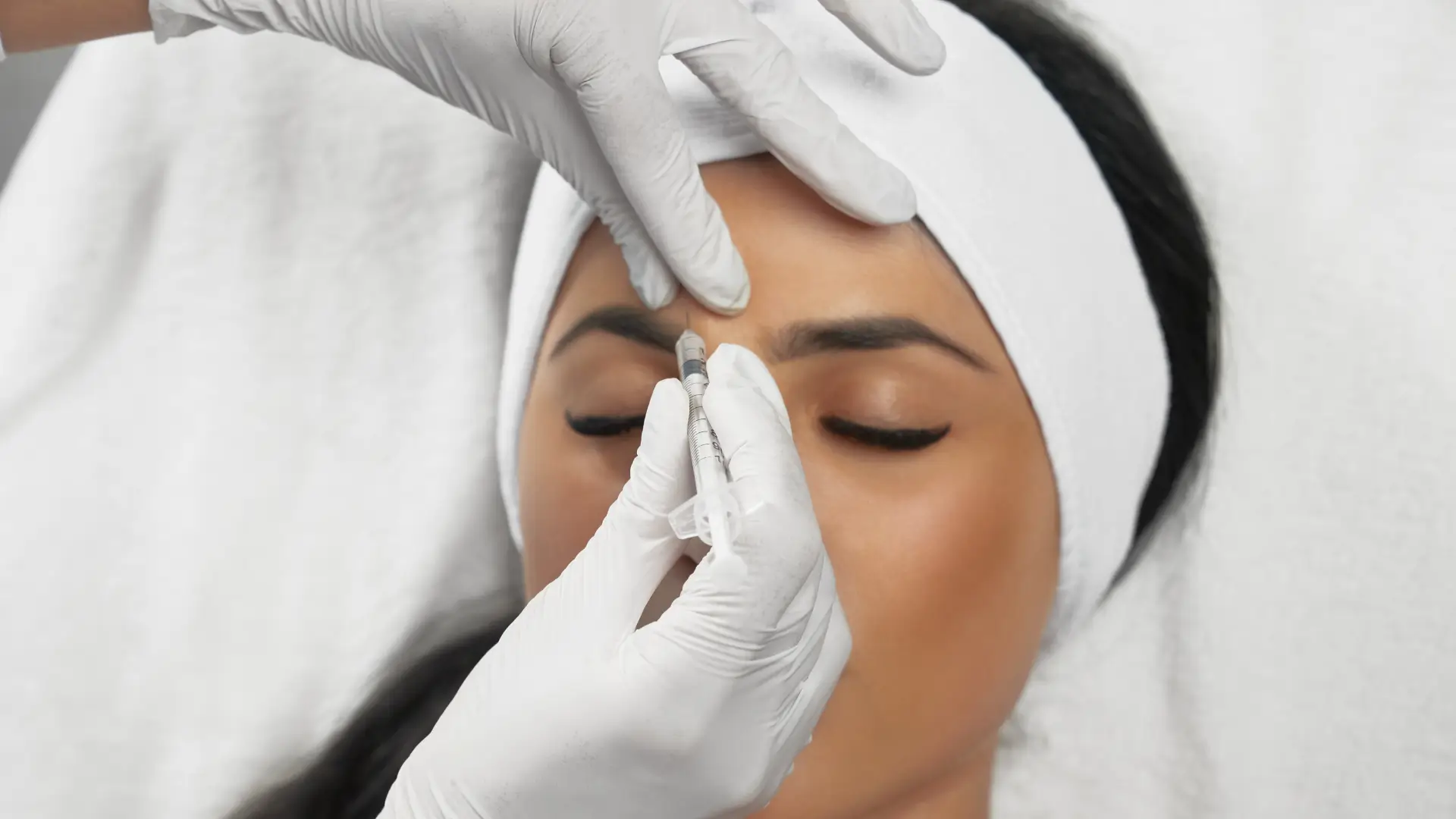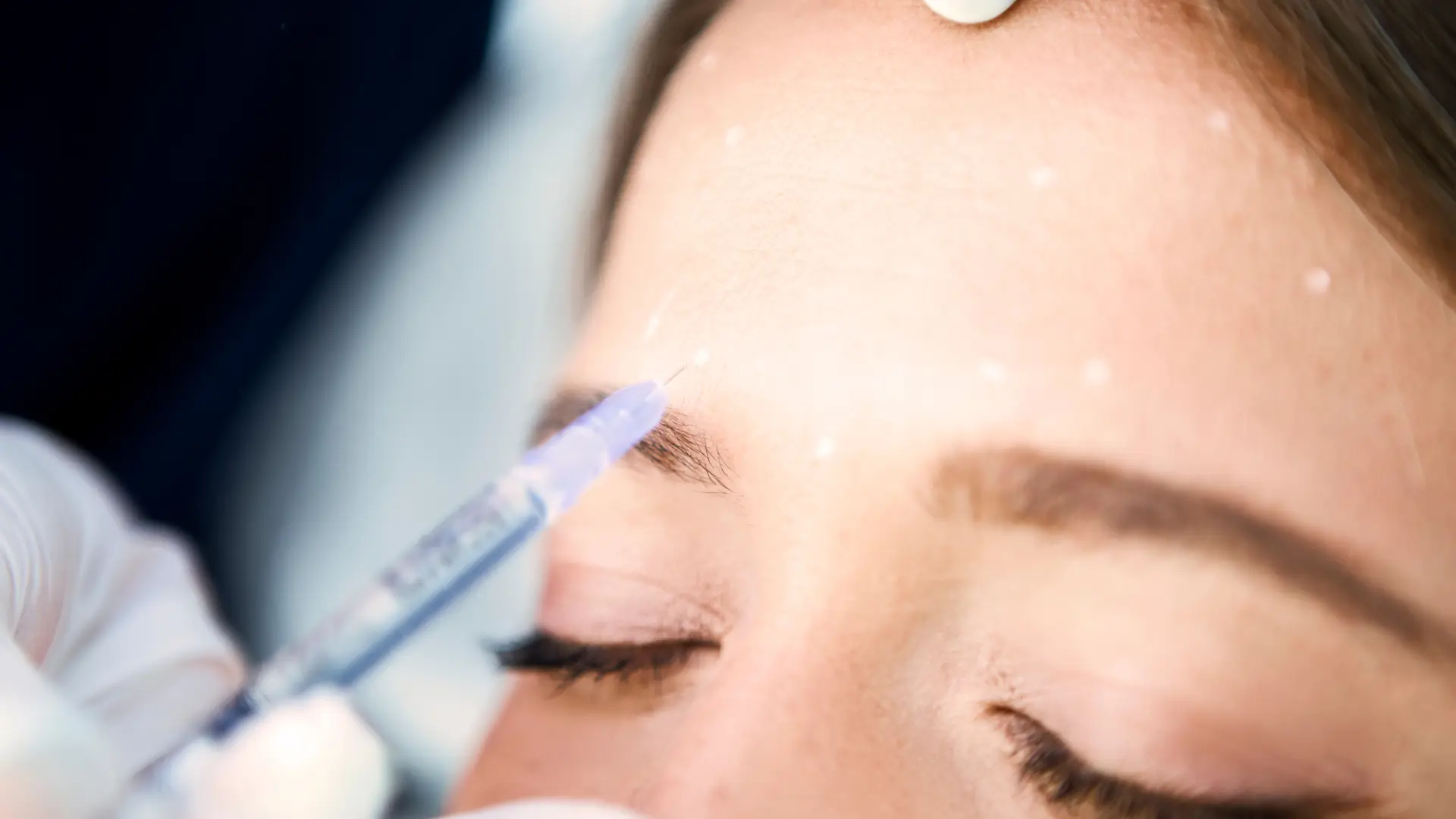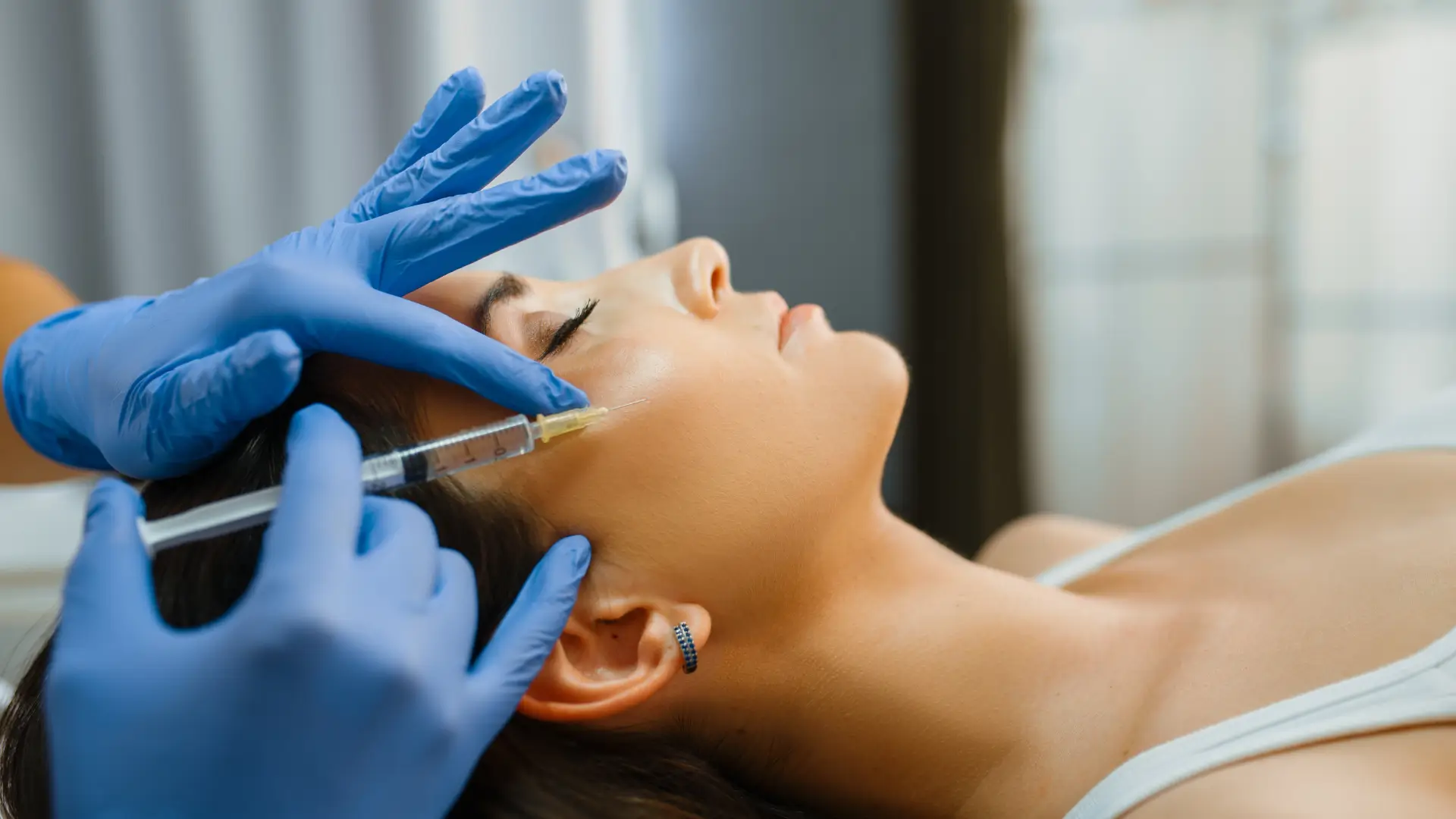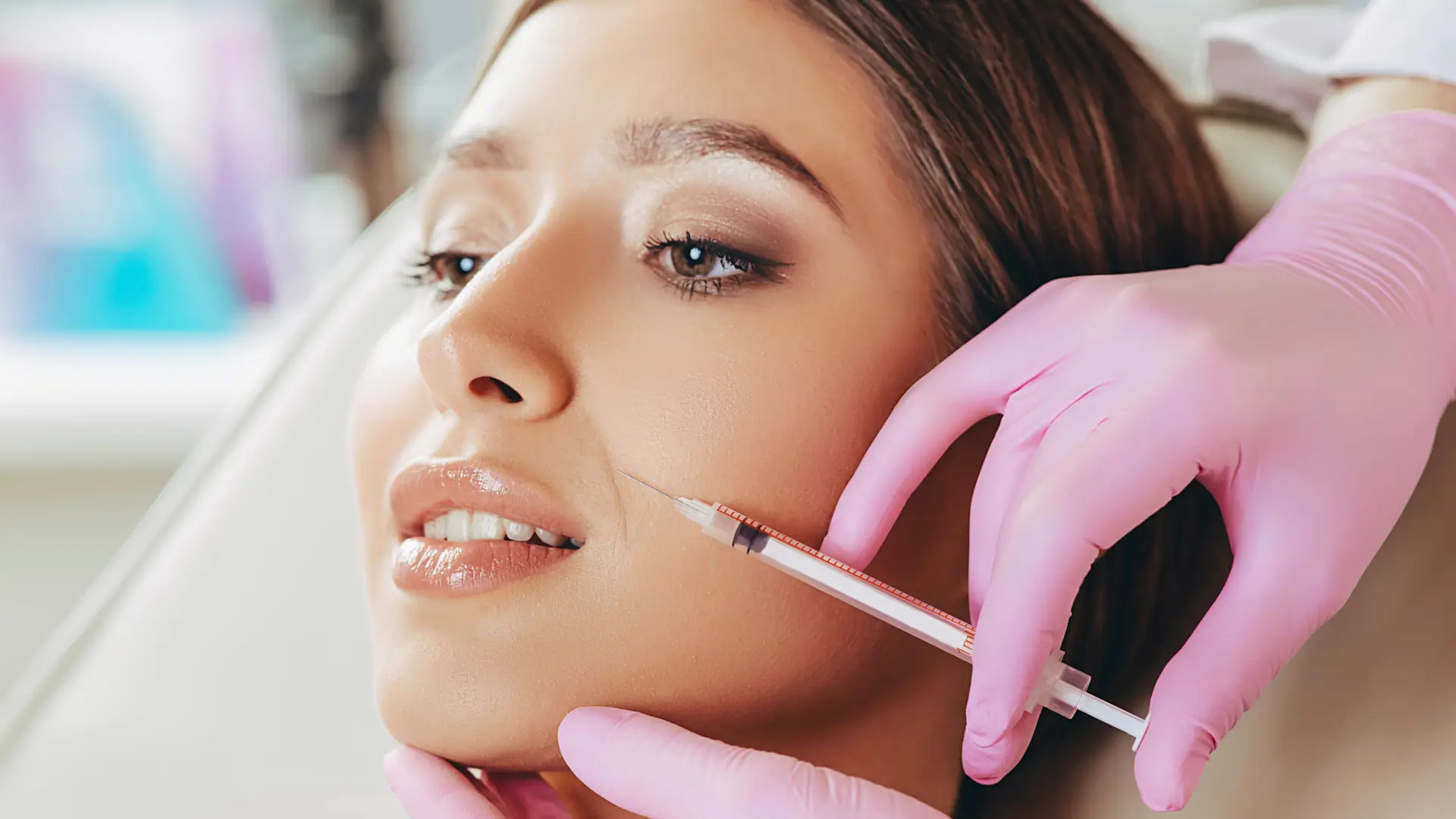In an increasingly crowded landscape of aesthetic injectables, regulatory approval remains a vital benchmark for both safety and credibility. As of 2023, the U.S. Food and Drug Administration (FDA) has authorized only four botulinum toxin products for cosmetic or therapeutic use: Botox, Dysport, Xeomin, and Jeuveau. This underscores the significance of FDA clearance—not just as a regulatory milestone, but as a signal of clinical reliability, potency consistency, and manufacturing rigor.
For emerging formulations like Liztox, FDA approval isn’t just a formality—it represents a critical threshold for entry into the U.S. market. Without it, clinicians and patients face uncertainty around immunogenicity, adverse event profiles, and long-term efficacy. Confirming Liztox’s regulatory status helps safeguard clinical outcomes while ensuring alignment with best practices in aesthetic medicine.
In this article, we’ll explore whether Liztox is FDA approved, tracing its regulatory journey, examining available clinical evidence, and offering practical considerations for practitioners evaluating its place in their treatment protocols.
Key Takeaways
- Liztox is not currently FDA-approved, making it unavailable for legal clinical use in the United States.
- FDA approval requires Huons Biopharma to complete an Investigational New Drug (IND) application and conduct Phase I–III clinical trials to prove safety, efficacy, and non-inferiority.
- The FDA approval process also involves GMP-compliant manufacturing, including batch testing, sterility validation, and stability studies.
- Liztox has been approved by the Korean Ministry of Food and Drug Safety since 2019 for cosmetic and therapeutic uses, including wrinkle treatment, hyperhidrosis, and blepharospasm.
- Clinical trials show that Liztox performs comparably to Botox®, particularly in the treatment of post-stroke upper-limb spasticity.
- Aesthetic studies demonstrate Liztox’s potential for masseter reduction, showing measurable changes in facial contour and patient satisfaction.
- U.S. clinicians are currently limited to four FDA-approved botulinum toxins: Botox, Dysport, Xeomin, and Jeuveau.
- The global market for Liztox is expanding, with registrations in Asia and the Middle East, and ongoing EU approval efforts through the HAEMATO partnership.
- Until Liztox completes the full FDA review process, U.S. practitioners must rely on approved alternatives to ensure patient safety and comply with legal requirements.
About: Medica Depot is your trusted all-in-one supplier, offering a range of high-quality medical injectables and supplies. If you’re looking to buy Liztox, contact Medica Depot’s sales representatives and they will guide you on how to do so. Whether for health professionals, plastic surgeons, dermatologists, licensed estheticians, or other specialists, we can offer genuine, brand-name products you may need. With Medica Depot, we prioritize serving you better to improve the patient’s quality of life.
What Approval Would Liztox Need in the U.S.?

When patients ask about botulinum toxin approvals, especially in the context of Liztox vs Nabota or other global injectables, clinicians must be prepared with accurate regulatory insight. The U.S. Food and Drug Administration (FDA) provides the most stringent regulatory framework for botulinum toxins, ensuring that products meet strict standards for clinical safety, labeling, and manufacturing quality.
As of now, Liztox has neither applied for nor received FDA approval. For Huons Biopharma to bring Liztox to the U.S. market, the company must first submit an Investigational New Drug (IND) application. Following FDA acceptance of the IND, Liztox must undergo the standard three-phase clinical trial pathway to demonstrate safety and efficacy:
- Phase I: Evaluate tolerability and side effects in healthy volunteers.
- Phase II: Determine the optimal therapeutic dose and confirm initial efficacy.
- Phase III: Establish non-inferiority or superiority in large-scale patient populations, using FDA-accepted endpoints.
In tandem with clinical trials, Good Manufacturing Practice (GMP) compliance is required under 21 CFR Parts 210 and 211. To meet this bar, the Liztox manufacturing site must demonstrate:
- Rigorous raw material testing and supplier qualification
- Continuous in-process monitoring of pH, protein concentration, and formulation stability
- Final product sterility and endotoxin assays
- Stability testing in line with ICH Q1 guidelines to define shelf life
These safeguards collectively ensure that Liztox, if approved, would perform consistently across batches and patient populations.
Where is Liztox Currently Authorized?
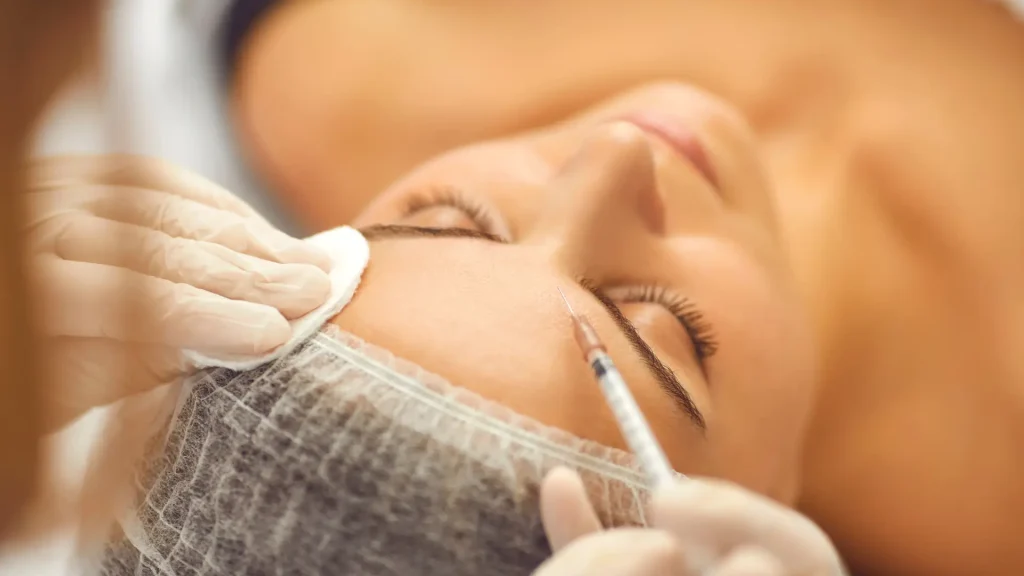
Although Liztox has not yet entered the U.S. market, it has achieved regulatory approval in other regions. Since April 2019, the Korean Ministry of Food and Drug Safety (MFDS) has authorized Liztox for both aesthetic and therapeutic indications, including:
- Facial wrinkle treatment
- Hyperhidrosis management
- Blepharospasm control
Huons Biopharma, the product’s manufacturer, operates under a KGMP (Korean Good Manufacturing Practice)–certified facility and holds a Pharmaceutical Manufacturing License. These certifications demonstrate its ability to maintain consistent potency, sterility, and product quality.
Beyond South Korea, Liztox (and its export variant, Hutox) has gained marketing authorizations in multiple Asian and Middle Eastern countries, including Thailand, Iraq, and Vietnam. This signals international acceptance and a growing regulatory footprint—though the standards and approval processes may differ from the FDA’s stringent requirements.
What Clinical Trials Reveal So Far
Clinical data continues to support Liztox’s promise in both medical and cosmetic settings. These studies help inform safety profiles, treatment timelines, and patient outcomes—key elements that contribute to its regulatory dossier.
One of the most pivotal trials to date is a randomized, double-blind, active-controlled, multicenter Phase III study, which evaluated Liztox against Botox® for post-stroke upper-limb spasticity. By Week 4, patients treated with Liztox saw a reduction in Modified Ashworth Scale scores by –1.14 ± 0.59, nearly identical to the –1.22 ± 0.59 achieved with Botox. Importantly, no new safety concerns were reported.
In the aesthetic space, Liztox was studied in a placebo-controlled Phase III trial (NCT05964257) for benign masseteric hypertrophy. Researchers used ultrasound and 3D facial scanning to track muscle volume reduction and lower-face contouring over a 4–24 week period. Early results suggest a favorable onset, durability, and patient satisfaction profile, reinforcing Liztox’s versatility across treatment types.
What This Means for U.S. Practitioners

Until Liztox receives full FDA clearance, U.S.-licensed providers cannot legally import, prescribe, or administer the product. Medical professionals in the U.S. are therefore limited to four FDA-approved botulinum toxins, which include:
- OnabotulinumtoxinA (Botox®)
- AbobotulinumtoxinA (Dysport®)
- IncobotulinumtoxinA (Xeomin®)
- PrabotulinumtoxinA (Jeuveau®)
The use of FDA-approved products ensures compliance with U.S. malpractice policies, standardized dosing guidelines, and required post-market safety monitoring. Moreover, these products carry clear prescribing information, validated efficacy, and proven safety in diverse populations.
Even though Liztox has shown comparable efficacy in Phase III spasticity trials, and early aesthetic data is promising, practitioners must wait for an approved New Drug Application (NDA) before considering it in their practices. Until then, clinicians should focus on educating patients about regulatory differences and prioritizing evidence-based, approved treatments.
Liztox and the Future of Regulatory Expansion
As of 2021, Huons Biopharma filed an IND and began conducting Phase III clinical trials in pursuit of FDA approval for Liztox, specifically targeting post-stroke upper-limb spasticity. These pivotal trials are designed to demonstrate safety, efficacy, and non-inferiority to already approved agents.
Before approval, the FDA will rigorously assess:
- Clinical endpoints (e.g., validated spasticity scales, patient-reported outcomes)
- CMC (chemistry, manufacturing, and controls) documentation
- Labeling, dosage standardization, and cold-chain storage requirements
- Facility inspections for GMP compliance
Globally, the botulinum toxin market is undergoing rapid expansion. Noteworthy trends include:
- The South Korean market reached USD 194.1 million in 2023, with a projected 10.4% CAGR through 2030
- HUTOX exports have expanded into China, Brazil, and Central America
- HAEMATO, Huons’ European partner, is pursuing EU marketing authorization, signaling growing interest from regulators beyond Asia
These efforts reflect Liztox’s potential for international adoption, though FDA approval remains a pivotal benchmark for access to the highly regulated U.S. aesthetic and therapeutic markets.
Conclusion
Liztox has demonstrated clinical potential and has already secured approvals in South Korea and select international markets. However, it has not yet received FDA approval, limiting its use within the United States.
While early studies confirm its non-inferiority to Botox®, and the product benefits from KGMP-certified manufacturing, U.S. clinicians must await formal FDA review and approval before use. Until then, providers should continue to offer FDA-approved alternatives with proven records of efficacy, safety, and regulatory oversight.
As global momentum builds and new clinical data emerges, Liztox may soon join the ranks of approved botulinum toxins—offering clinicians more choices and patients more personalized care. But for now, regulatory caution remains essential.
FAQs
1. Is Liztox FDA approved?
No, Liztox is not FDA approved yet. Clinicians in the United States cannot legally use it until it completes the approval process.
2. What does the US FDA require for Liztox and other botulinum toxin approvals?
Liztox must submit an Investigational New Drug application and complete a three-phase clinical trial to demonstrate its safety and efficacy.
3. Where does Liztox have regulatory approval?
Liztox has approval in South Korea for both cosmetic and therapeutic applications, including wrinkle smoothing and the treatment of hyperhidrosis. Thailand and Iraq have also approved Hutox injections.
References
- U.S. Food and Drug Administration. Frequently Asked Questions about Labeling for Prescription Medicines. FDA. Published online June 22, 2022. Accessed July 1, 2025. https://www.fda.gov/drugs/fdas-labeling-resources-human-prescription-drugs/frequently-asked-questions-about-labeling-prescription-medicines
- Center for Drug Evaluation and Research. Upper Facial Lines: Developing Botulinum Toxin Drug Products. www.fda.gov. Published May 6, 2020. Accessed July 2, 2025. https://www.fda.gov/regulatory-information/search-fda-guidance-documents/upper-facial-lines-developing-botulinum-toxin-drug-products
- Ye DH, Chun MH, Park YG, et al. A Randomized, Double-Blind, Active Control, Multicenter, Phase 3 Study to Evaluate the Efficacy and Safety of Liztox® versus Botox® in Post-Stroke Upper Limb Spasticity. Toxins (Basel). 2023;15(12):697. Published 2023 Dec 12. doi:10.3390/toxins15120697
